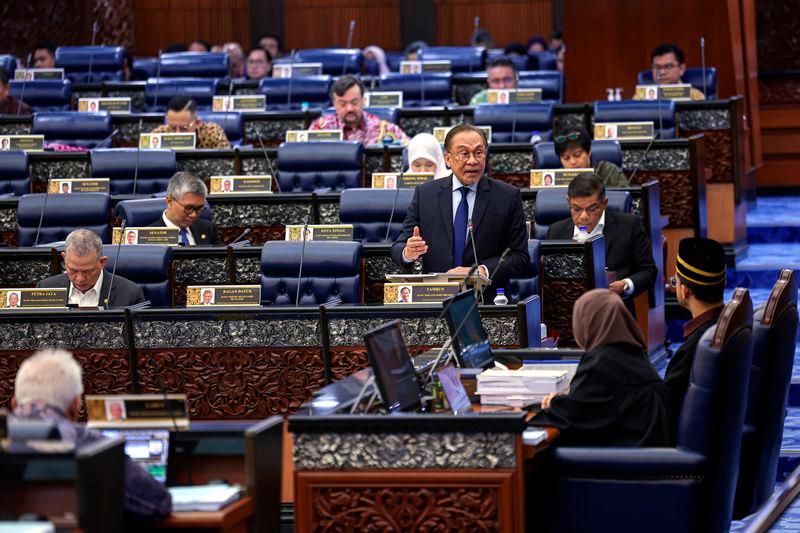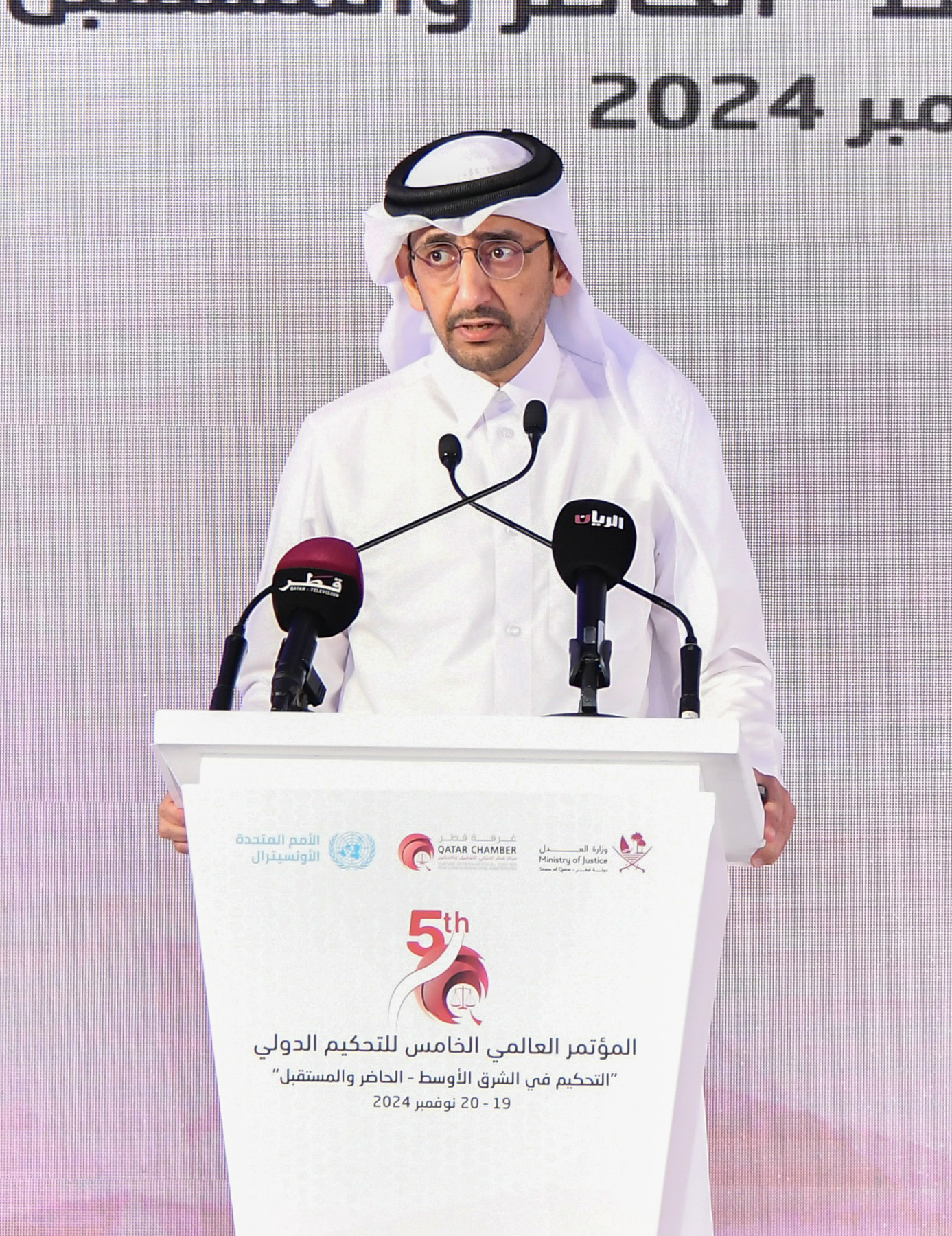QatarEnergy has reportedly concluded the signing of contracts with five global companies for its $28.75 billion North Field East project.
State-owned QatarEnergy sold two cargoes of Al Shaheen crude at the highest premiums in four months, Reuters reported on Wednesday.
QatarEnergy placed the September term price at a premium of $9.82 a barrel after the tender was awarded, three trade sources said, an increase from $9.24 in June.
Spot premiums for Middle East crude experienced a surge in July as global supplies remained “tight” due to western sanctions imposed on one of the world’s biggest oil producers, Russia.
Price premium is the percentage by which a product’s selling price exceeds a benchmark price, while spot premium refers to the extra value that is charged over the the market price (spot price).
The Al Shaheen cargoes were purchased by Dubai quotes at premiums of $9.88 and $9.08 per barrel, sources informed Reuters. ExxonMobil and Totsa have likely bought the cargoes to load on 1-2 September and 28-29, the sources added.
QatarEnergy also sold a September-loading Qatar Marine crude cargo to a Japanese refiner at a premium price standing at $9 a barrel to Dubai quotes.
Qatar’s LNG supply amid energy crisis
Qatar’s gross domestic product (GDP) is estimated to increase to 4.9% this year due to its boosted hydrocarbon exports of 10% as well as its multi-billion plan North Field expansion project.
This is the largest project of its kind and seeks to boost Qatar’s annual liquified natural gas production capacity from 77 million metric tonnes to 126 million tonnes by the year 2027, according to an updated World Bank (WB) Global Economic Prospects report.
The report noted unforeseen economic ramifications unravelled by the Russian-Ukrainian conflict, with particular ‘positive’ impact on Qatar’s economy.
“The effects of the war in Ukraine on the commodity markets and of its associated economic sanctions are positive, on balance, for Qatar’s economy, the largest exporter of Liquid Natural Gas in the world,” another WB report said.
As EU countries move towards ending their reliance on Russian gas and intensifying their economic response to the invasion of Ukraine, they are keen on securing energy cooperation with the oil-rich Gulf country.
Europe receives 40% of its gas supplies from Moscow and almost a third of the shipments pass through Ukraine.
Qatar’s methane-curbing efforts
Despite its expansions, QatarEnergy joined a group of oil and gas companies late June in an effort to diminish nearly all its methane footprint produced during operations by the year 2030.
The world’s biggest liquified natural gas (LNG) producer has signed up to the Aiming for Zero Methane Emissions Initiative as the first company to join outside its twelve existing signatories.
While climate pledges are typically centred around minimising greenhouse gas emissions, the focus is rapidly shifting towards methane footprint due to its nature of trapping more heat in the short term than its carbon dioxide counterpart.
Methane is more than 25 times as potent as carbon dioxide at locking heat in the atmosphere. Over the last two centuries, methane concentrations in the atmosphere have more than doubled, mainly due to human-related activities.
Methane is responsible for approximately a quarter of all the climate change already being experienced globally.
Natural gas, which is primarily made up of methane, is a major factor, if not the biggest, in the prosperity of Qatar’s economy and QatarEnergy’s activities.
The International Energy Agency’s (IEA) methane tracking found that oil and gas operations worldwide produced more than 70 million tons of methane into the atmosphere last year, describing it as “broadly equivalent to the total energy-related carbon dioxide emissions from the entire European Union.”







